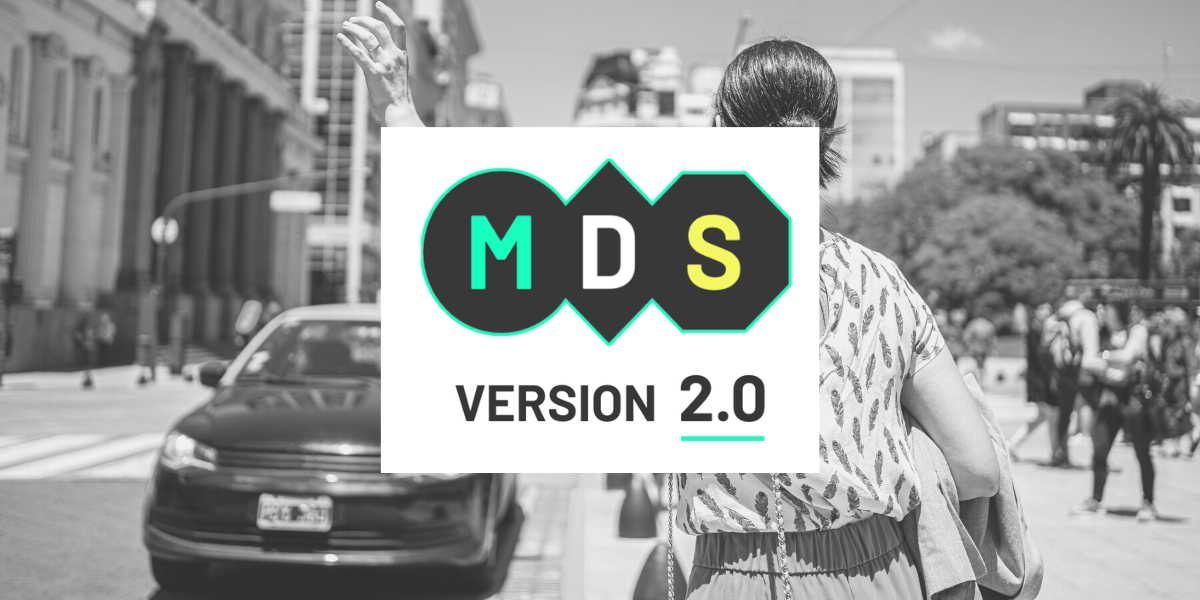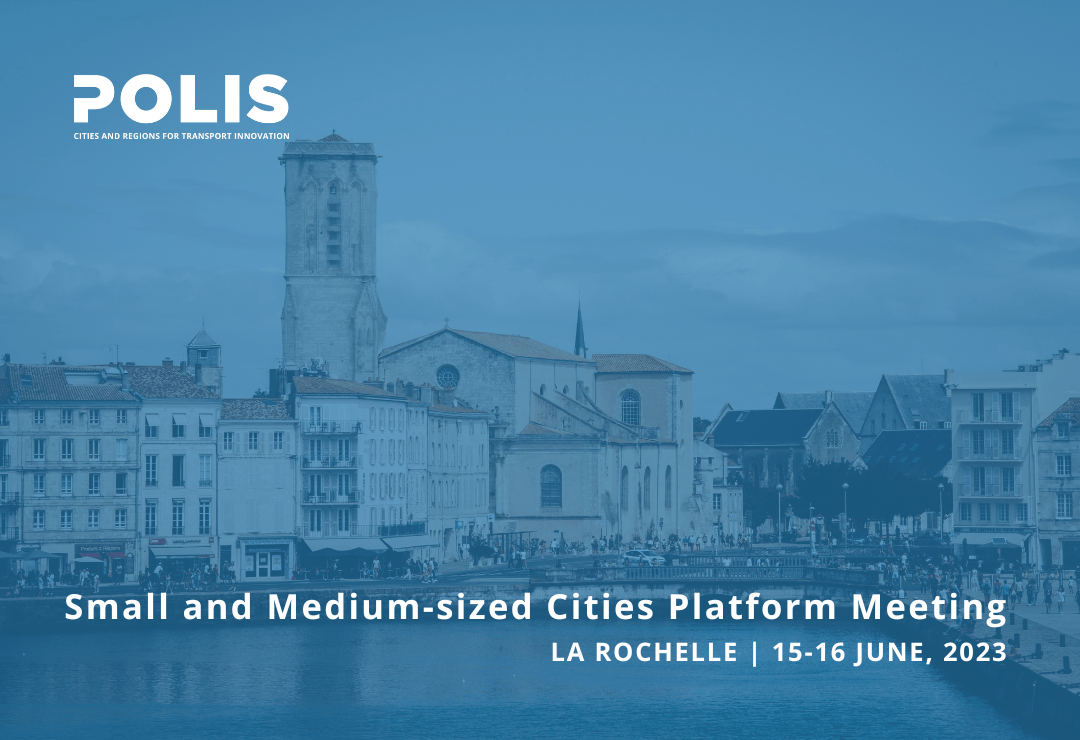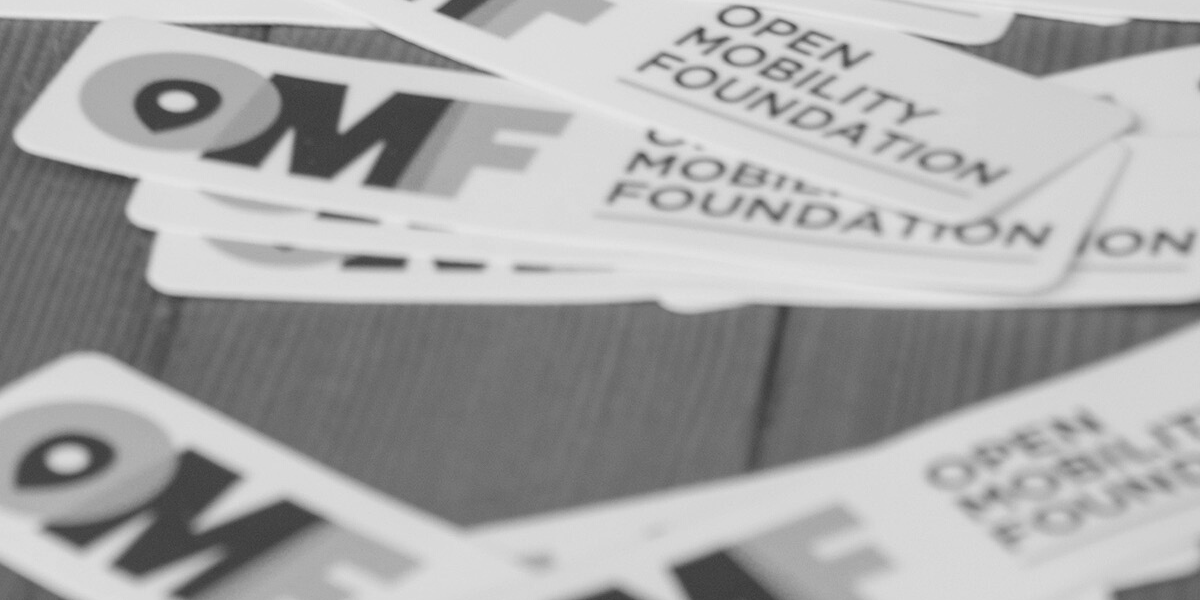Open Mobility Foundation launches MDS 2.0
POLIS Associate member, Open Mobility Foundation (OMF) has launched MDS 2.0, a major upgrade to its globally adopted Mobility Data Specification (MDS).
The OMF is a non-profit open-source foundation with a mission to transform the way cities and public agencies manage transportation in the modern era. The OMF supports and facilitates the development of open-source technology employed by cities and mobility services operators. Mobility Data Specification (MDS) is a crucial part of this work. MDS is a digital tool that helps cities better manage transportation in the public right of way. MDS standardises communication and data-sharing between local governments and private mobility providers, such as e-scooter and bike-share companies.
MDS 2.0 is an open-source digital tool designed to assist cities in managing the public right of way, including sidewalks and streets, which are more complex and dynamic. The new MDS 2.0 features enhance flexibility to meet the ever-changing mobility landscape, providing a consistent framework for both public agencies and private mobility providers.
"The launch of MDS 2.0 is a significant milestone for the OMF," said Andrew Glass Hastings, Executive Director for OMF. “MDS is no longer just a data specification for micromobility and has any number of future applications as well.”
POLIS and the OMF work closely together through POLIS' working groups, to support cities in navigating new data and digital challenges facing cities and regions. Indeed, Glass Hastings will join POLIS’ upcoming Small & Medium-sized City Platform meeting in La Rochelle, to facilitate a workshop identifying how data and digitisation can serve SMCs and what they may need to capitalise on the opportunities available, exploring questions and challenges for practitioners, and examining what useful examples, strategies and services can support SMCs going forward.
MDS 2.0's new features include:
- Flexible Data Formats for New Modes: MDS 2.0 offers flexible data formats that allow for easier adoption and use across different regions and use cases. The new version is capable of supporting a wider array of mobility use cases, such as passenger services (taxis and ridehail), car sharing, and delivery robots.
- Policy Improvements: The Policy API – which allows cities to set and digitally share rules for how and where different shared services can operate and other high-level policy initiatives – is now expanded and refined to meet common use cases. These updates make it easier to understand and implement.
- Agency/Provider Alignment: These two primary APIs that makeup MDS allow cities and providers to communicate in different ways. Now, both share the same data types, endpoints, and fields. The agency pushes data to cities, while Provider pulls data from operators. Aligning the data structures in these APIs streamlines the specification and eases implementation.


